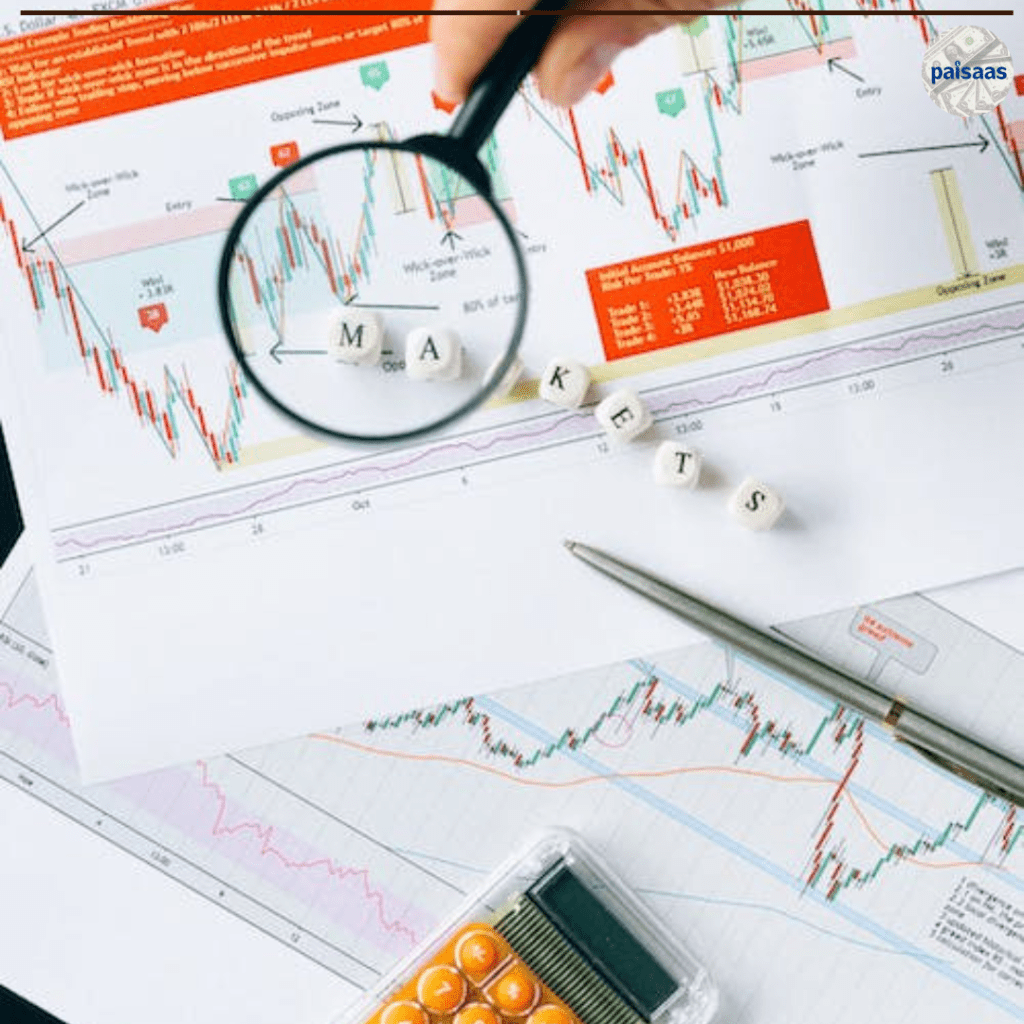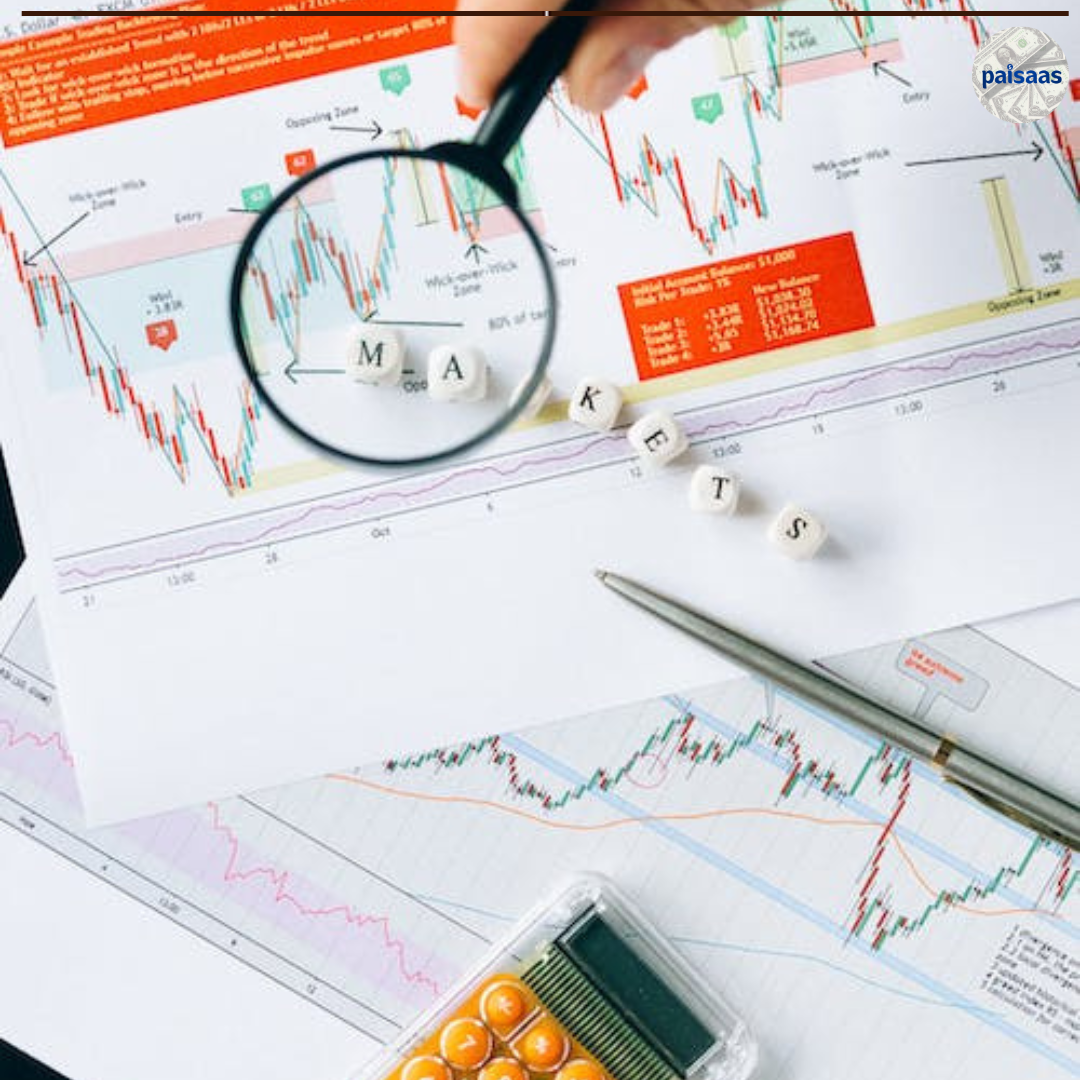

“Diving into Derivatives Markets: Exploring Options, Futures, and Swaps”
Derivatives markets play a pivotal role in the global financial landscape, providing investors with a wide array of tools to manage risk, speculate on price movements, and enhance investment strategies. Within the derivatives realm, options, futures, and swaps are among the most widely utilized instruments. In this article, we will delve into these derivatives markets, exploring their features, functions, and applications.
Options are derivative contracts that grant the holder the right, but not the obligation, to buy (call option) or sell (put option) an underlying asset at a predetermined price (strike price) within a specific timeframe. Options offer investors flexibility and can be used for various purposes. They can act as insurance against adverse price movements, provide leverage for speculation, or facilitate complex trading strategies. Options are traded on organized exchanges, such as the Chicago Board Options Exchange (CBOE), and over-the-counter (OTC) markets.
Futures contracts are agreements between two parties to buy or sell an asset at a predetermined price on a future date. Unlike options, futures obligate both parties to fulfill the contract. Futures are commonly used for hedging purposes, allowing market participants to protect against price volatility. For example, a farmer may enter into a futures contract to lock in a selling price for a future crop harvest, mitigating the risk of price fluctuations. Futures contracts are traded on organized exchanges, such as the Chicago Mercantile Exchange (CME), and cover a wide range of assets, including commodities, currencies, and financial instruments.
Swaps are derivative contracts where two parties agree to exchange cash flows based on predetermined conditions. Swaps are often used to manage interest rate or currency risks, as well as to modify cash flow profiles. In an interest rate swap, two parties exchange fixed and floating interest rate payments based on a notional principal amount. Currency swaps involve the exchange of principal and interest payments denominated in different currencies. Swaps are primarily traded in the OTC market, providing tailored solutions for specific risk management needs.
Derivatives markets, including options, futures, and swaps, offer several key advantages to market participants. Firstly, they enable risk management and hedging strategies, allowing investors to protect against adverse price movements in their portfolios. Hedging with derivatives can minimize potential losses and provide stability in volatile markets. Secondly, derivatives markets provide opportunities for speculation and leverage, enabling traders to profit from price fluctuations and magnify returns. However, it’s important to note that derivatives trading carries inherent risks, and investors should carefully consider their risk tolerance and implement appropriate risk management measures.
Options, futures, and swaps also enhance market liquidity and price discovery. By providing avenues for hedging and speculation, these derivatives attract a diverse range of participants, ensuring continuous trading activity. Additionally, derivatives markets facilitate price discovery by aggregating the collective expectations and opinions of market participants, leading to more efficient price determination for the underlying assets.
It is worth mentioning that derivatives trading requires a good understanding of the instruments and the associated risks. Market participants should familiarize themselves with concepts such as strike price, expiration dates, margin requirements, and contract specifications. They should also stay informed about market conditions, macroeconomic factors, and relevant news that can impact the underlying assets.
Regulatory oversight and risk management practices have evolved significantly in derivatives markets since the financial crisis of 2008. Market participants now operate in a more transparent and regulated environment, with standardized contract terms, clearinghouses, and margin requirements to reduce counterparty risk.
Conclusion
In conclusion, derivatives markets, including options, futures, and swaps, provide investors with powerful tools for risk management, speculation, and enhancing investment strategies. These instruments offer flexibility, liquidity, and opportunities for diversification. However, trading derivatives requires a solid understanding of the instruments and associated risks. It is crucial for market participants to conduct thorough research, implement risk management strategies, and seek professional advice when engaging in derivatives trading. With proper knowledge and caution, derivatives markets can be valuable tools for achieving financial objectives and managing exposure to market fluctuations.




